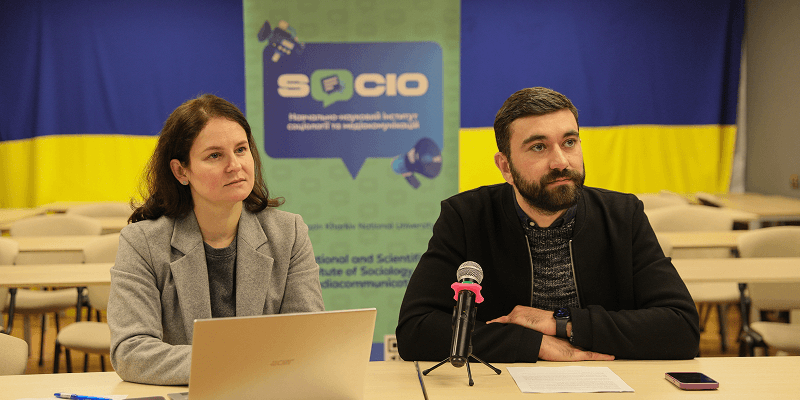Round Table “MOOC-Based Micro-Credentials” Held Within the ERASMUS+ Project CRED4TEACH

On April 10, 2025, as part of the Erasmus+ project “MOOC-based micro-credentials for teacher professional development” (CRED4TEACH), the Department of Information Computer Technologies and Mathematics at the Education and Research Institute of the Ukrainian Engineering Pedagogics Academy held a round table titled “MOOC-Based Micro-Credentials.”
The purpose of the event was to introduce teachers of secondary schools, as well as lecturers of specialized secondary, vocational (vocational-technical), extracurricular, and pre-tertiary education institutions to the project, and to present how micro-credential programs can be integrated into teachers’ daily workloads.
During the meeting, Professor Olesia Nechuivyter, Acting Head of the Department of Information Computer Technologies and Mathematics, presented the international and Ukrainian partners of the CRED4TEACH project and spoke about the opportunity to obtain micro-credentials through massive open online courses (MOOCs).
The event’s speaker, Associate Professor Andrii Lomakin, Head of the Accreditation Group, introduced participants to the pan-European framework of micro-credentials and explained how short-term, modular programs can be more easily incorporated into a teacher’s regular schedule. In his speech, Professor Oleksandr Kupriianov, Deputy Director of the Education and Research Institute of the Ukrainian Engineering Pedagogics Academy, highlighted pilot micro-credential programs developed within the CRED4TEACH project that have been recognized by the National Qualifications Agency.
Constructive participation in the professional discussion and exchange of ideas came from representatives of Vasyl Stus Donetsk National University (Vinnytsia) and Volodymyr Vynnychenko Central Ukrainian State University (Kropyvnytskyi).
The organizers express their gratitude to all participants who joined the discussion: Director of the Center for Postgraduate Education of Karazin University, Mykhailo Tatarynov; teachers from Kharkiv Lyceum No. 6 and Lyceum No. 93 of the Kharkiv City Council; the Oleksandr Maselskyi Valky Lyceum in Kharkiv region; the Ivan Tkachenko Bohdanivka Lyceum in Kirovohrad region; the Shyshaky Lyceum of the Poltava Regional Council; teachers from Lyceums 7, 8, and 19 in Zhytomyr; as well as lecturers of the Konotop Industrial Pedagogical Vocational College of Sumy State University, the Kharkiv Radio Engineering Vocational College, and the Kharkiv Vocational College.



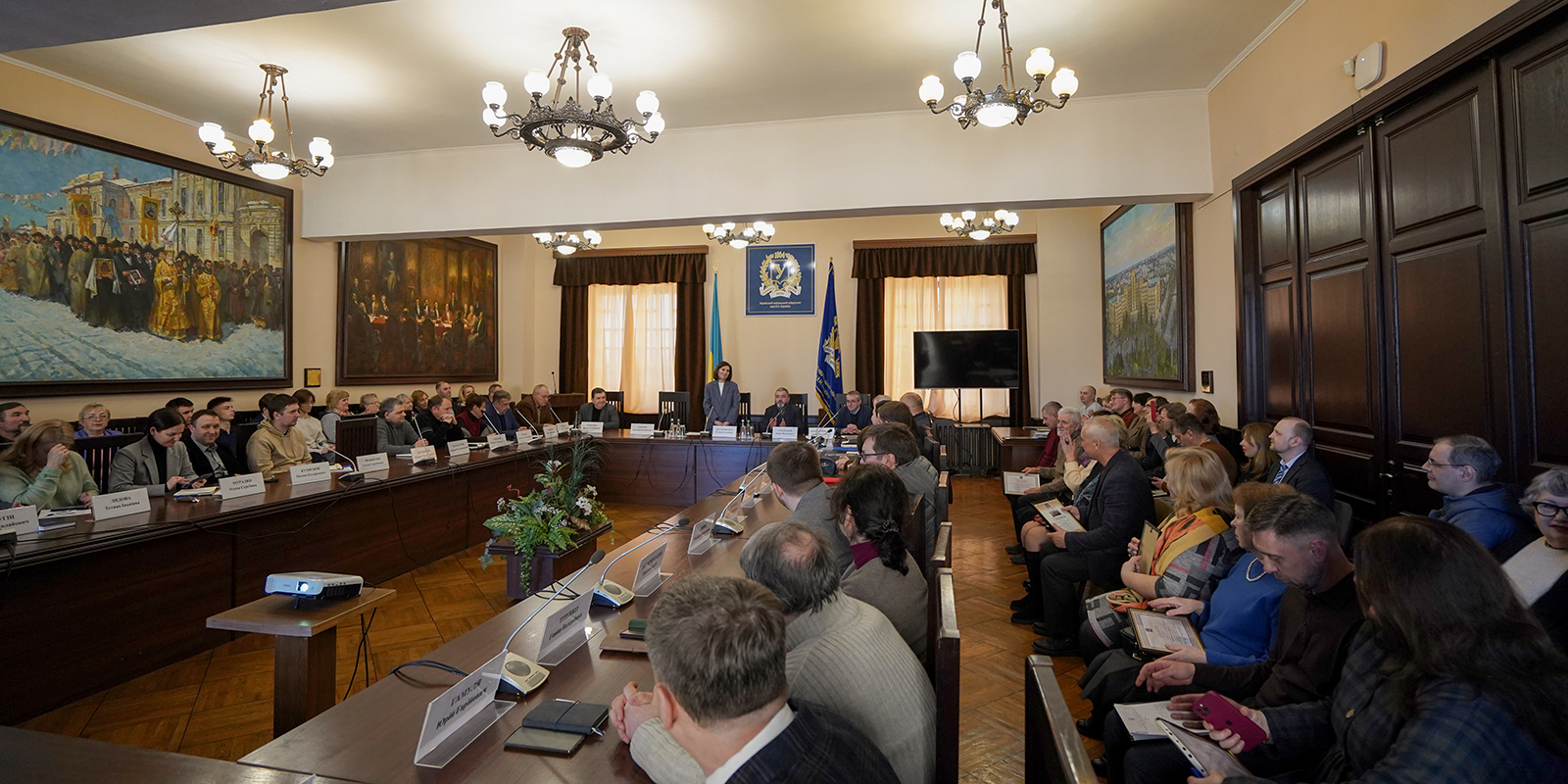
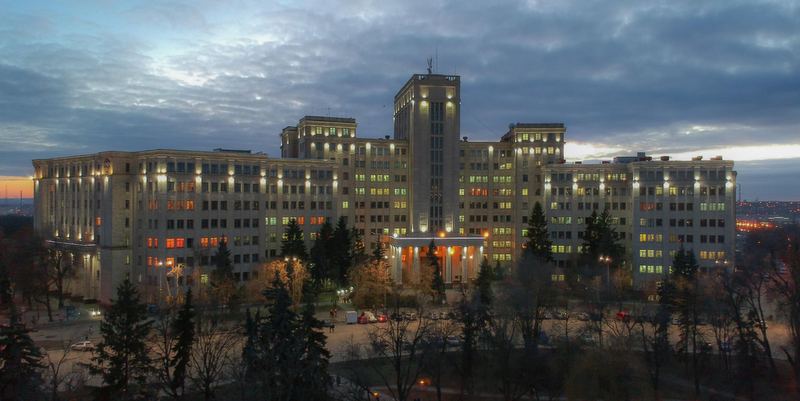
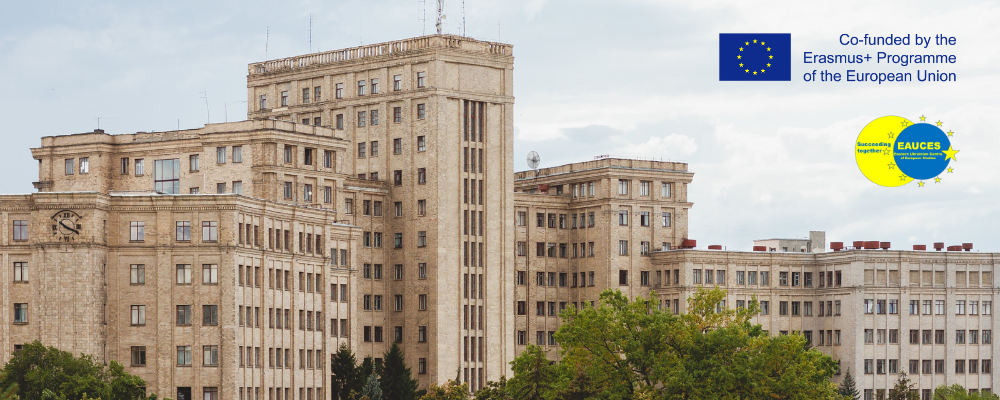
.jpg)
.png)
.jpg)
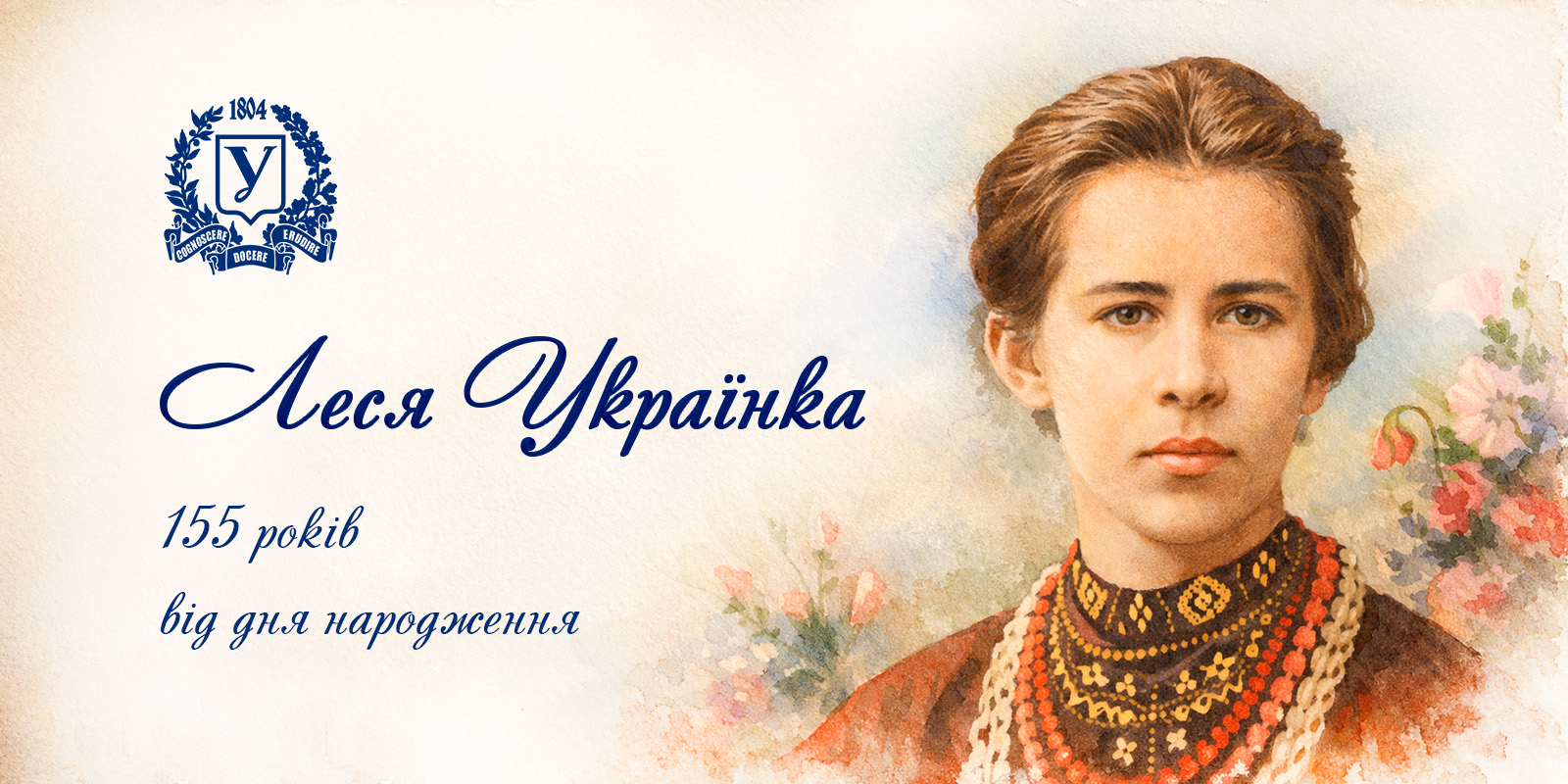
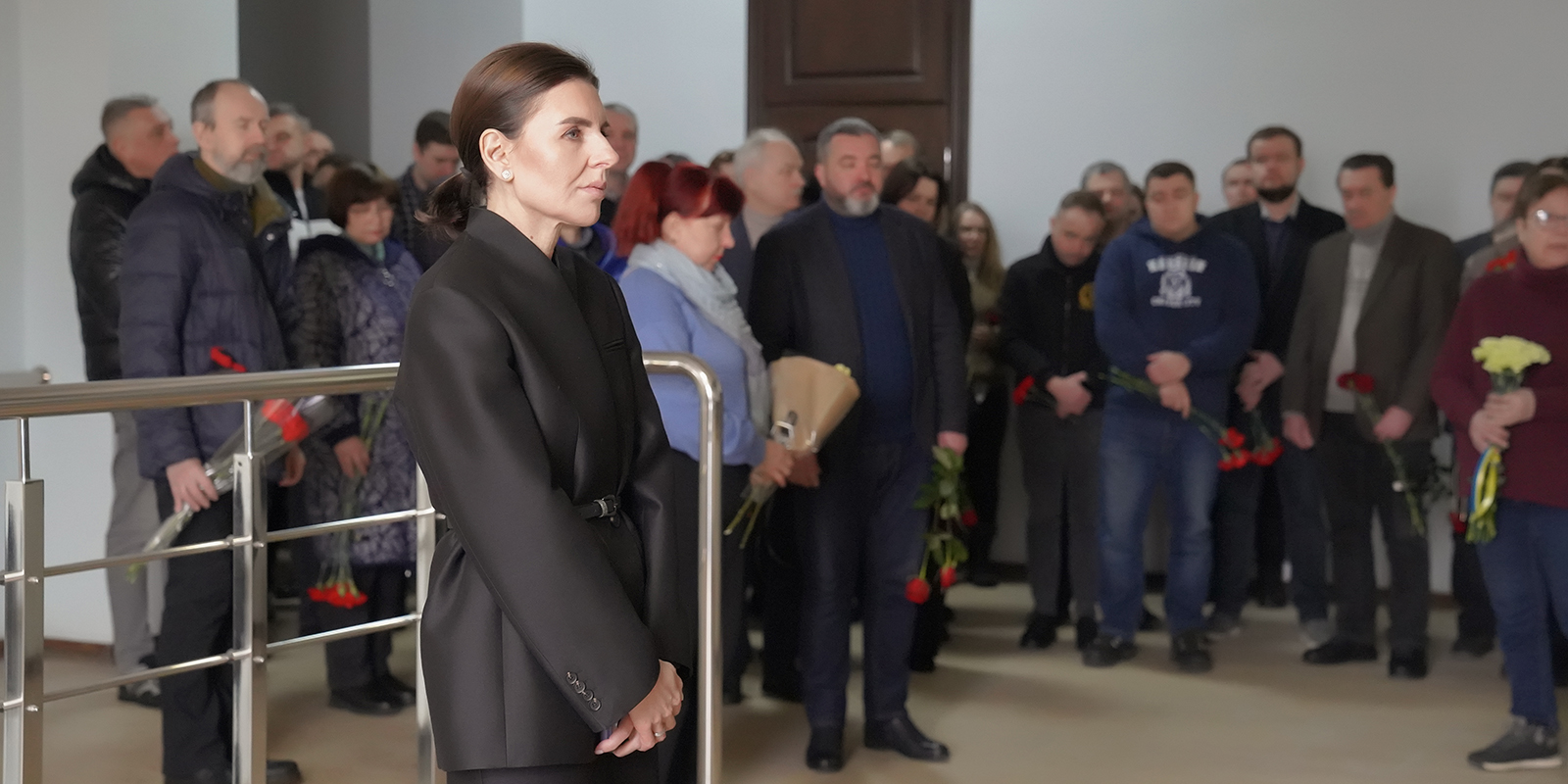
.jpg)
